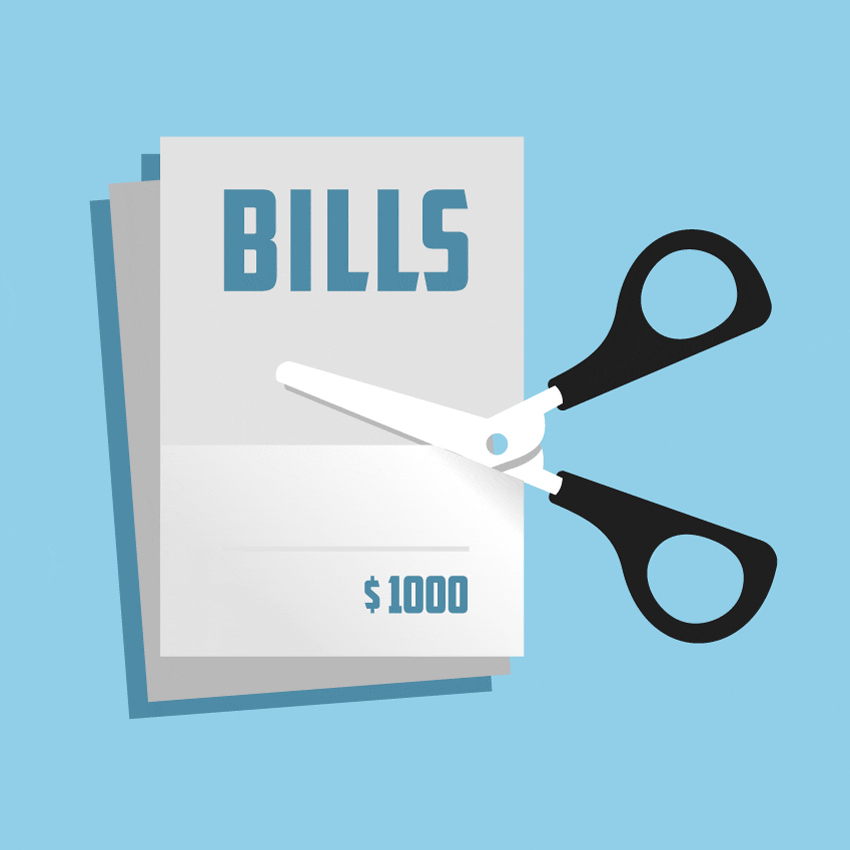Financial stress is something that most of us experience at some point in our lives. It can arise from various sources, such as unexpected medical bills, job loss, or even a global economic downturn. When financial stress starts to impact your home—your sanctuary and most significant investment—it can feel overwhelming. However, with the right strategies, you can navigate through these tough times and protect your home. Here’s how.
 1. Evaluate Your Current Financial Situation
1. Evaluate Your Current Financial Situation
The first step in managing financial stress related to your home is to take a comprehensive look at your finances. Create a detailed budget that outlines your income, expenses, and debt obligations. Understanding where your money is going can help you identify areas where you might cut back or reallocate funds.
Example: Sarah, a single mother of two, lost her job during an economic downturn. With her savings dwindling and bills piling up, she was overwhelmed by the thought of losing her home. Sarah started by creating a budget to understand her financial situation. She listed her unemployment benefits, child support, and a small emergency fund as her income sources. On the expense side, she categorized her spending, identifying non-essential items like streaming services and dining out.
Action Steps:
- List all sources of income.
- Track every expense, no matter how small.
- Identify discretionary spending that can be reduced or eliminated.
 2. Prioritize Essential Expenses
2. Prioritize Essential Expenses
When money is tight, it’s crucial to prioritize spending. Your home should be at the top of that list, along with food, utilities, and healthcare. Ensuring that your mortgage or rent is paid on time should be a primary goal, as falling behind on these payments can lead to serious consequences, including foreclosure or eviction.
Example: After evaluating her finances, Sarah decided to prioritize her mortgage payments, utilities, groceries, and healthcare. She set up automatic payments for her mortgage to avoid missing any due dates. By focusing on the essentials, she could maintain her household while cutting back on non-essentials.
Action Steps:
- Pay your mortgage or rent first.
- Set up automatic payments for essential bills.
- Contact service providers to negotiate lower rates or payment plans.
 3. Explore Mortgage Relief Options
3. Explore Mortgage Relief Options
If you’re struggling to make mortgage payments, it’s important to explore available relief options. Many lenders offer hardship programs that can temporarily reduce or suspend payments. Additionally, government programs, such as those introduced during economic crises, can provide assistance to homeowners in distress.
Example: Realizing she might not be able to cover her mortgage for long, Sarah contacted her lender to discuss her options. She was able to enter a temporary hardship program that reduced her monthly payments for six months, giving her some breathing room.
Action Steps:
- Contact your lender to discuss hardship options.
- Research government assistance programs.
- Consider refinancing to lower your monthly payments.
 4. Generate Additional Income
4. Generate Additional Income
In times of financial stress, finding ways to increase your income can provide much-needed relief. This could involve taking on a part-time job, freelancing, or even monetizing a hobby. Additionally, if you have extra space in your home, renting it out can be a great way to generate extra cash.
Example: Determined to stabilize her finances, Sarah looked for ways to earn extra income. She started freelancing as a graphic designer, something she had done part-time before. Additionally, she rented out a spare room in her house, which provided a steady income stream.
Action Steps:
- Identify skills or services you can offer on a freelance basis.
- Look for part-time or gig work that fits your schedule.
- Consider renting out a room or your entire home on platforms like Airbnb.
 5. Cut Non-Essential Spending
5. Cut Non-Essential Spending
While cutting back on non-essential spending can be difficult, it’s often necessary when financial stress hits. This might mean canceling subscription services, dining out less, or postponing major purchases. Every dollar saved can help you stay on top of your housing expenses.
Example: Sarah canceled several subscriptions, including her gym membership and two streaming services. She also started cooking more at home, which not only saved money but also allowed her to spend more quality time with her kids.
Action Steps:
- Review your subscriptions and memberships.
- Plan meals at home to reduce dining out costs.
- Postpone non-essential purchases until your financial situation stabilizes.
 6. Seek Professional Advice
6. Seek Professional Advice
If financial stress becomes overwhelming, seeking professional advice can be invaluable. Financial advisors, credit counselors, and even legal professionals can offer guidance on managing debt, negotiating with creditors, and protecting your home from foreclosure.
Example: Sarah sought help from a financial advisor, who helped her restructure her debt and create a long-term plan for financial recovery. The advisor also connected her with a local non-profit that offered free credit counseling services.
Action Steps:
- Schedule a consultation with a financial advisor.
- Contact a non-profit credit counseling agency.
- If necessary, consult with a legal professional about your rights as a homeowner.
 7. Stay Positive and Proactive
7. Stay Positive and Proactive
Financial stress can take a toll on your mental health, but it’s important to stay positive and proactive. Remember that financial challenges are often temporary and that taking small, consistent steps can lead to significant improvements over time. Focus on what you can control, and don’t be afraid to ask for help when needed.
Example: Throughout this challenging period, Sarah focused on staying positive. She practiced daily mindfulness exercises and set small financial goals, such as saving $50 a month. She also leaned on her family and friends for support, which made the journey less isolating.
Action Steps:
- Practice mindfulness or meditation to manage stress.
- Set small, achievable financial goals.
- Reach out to friends, family, or support groups for emotional support.
Conclusion
Sarah’s story illustrates how taking proactive steps can help you navigate financial stress while protecting your home. By evaluating your finances, prioritizing essential expenses, exploring relief options, generating additional income, cutting non-essential spending, seeking professional advice, and maintaining a positive mindset, you can weather the storm and emerge stronger. Your home is more than just a place to live; it’s a foundation for your well-being, and with the right strategies, you can keep it secure during tough times.
If you’re looking for more in-depth guidance on managing financial stress and safeguarding your home, visit Gold Homes LLC. Explore expert tips, resources, and strategies designed to help you navigate financial challenges and protect your most valuable investment. Don’t wait—take control of your financial future today!
